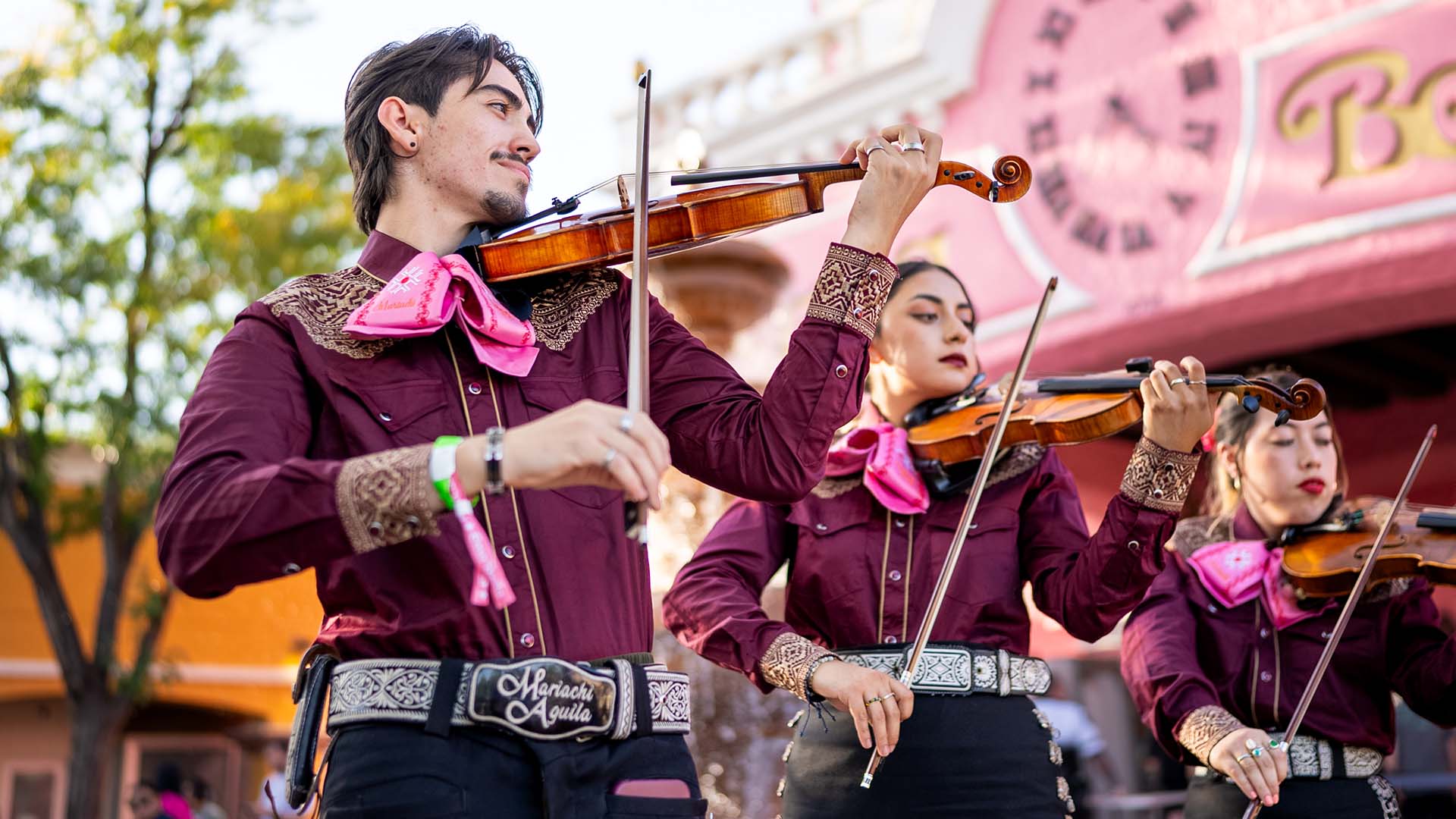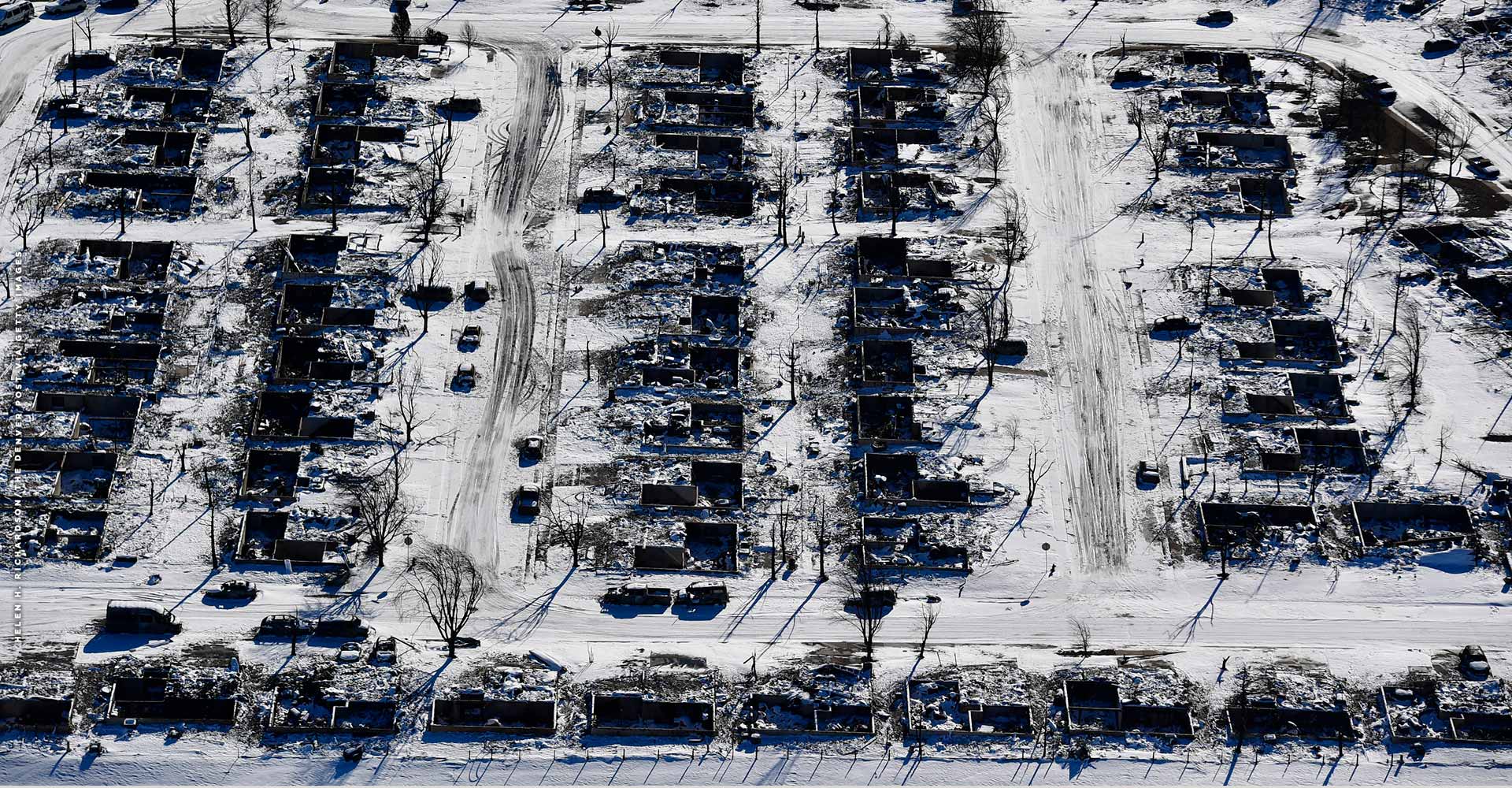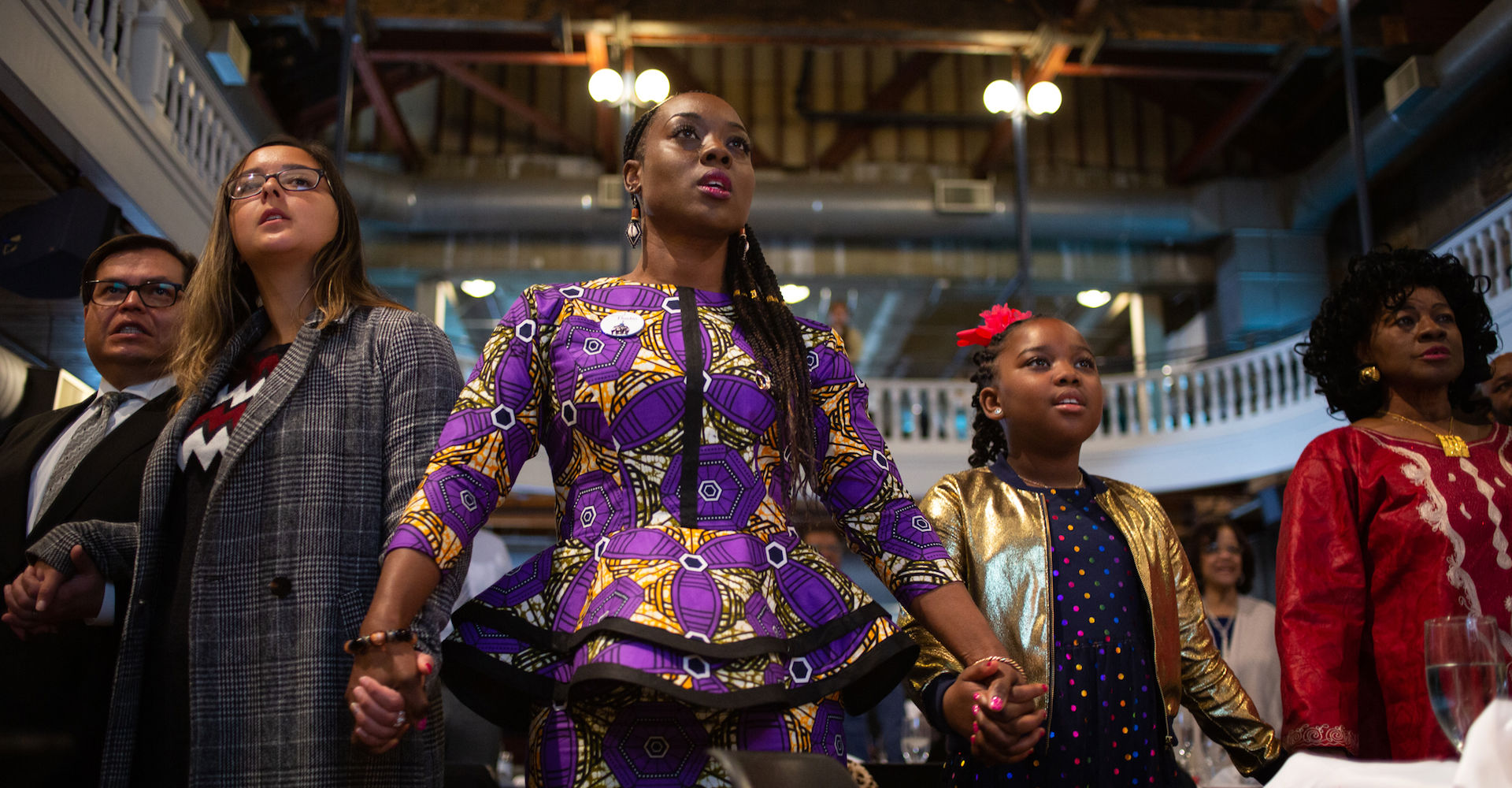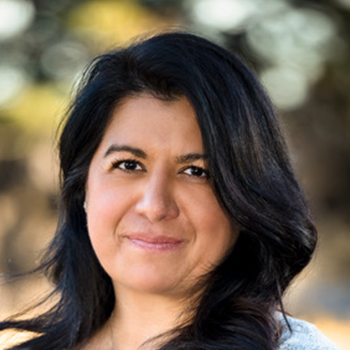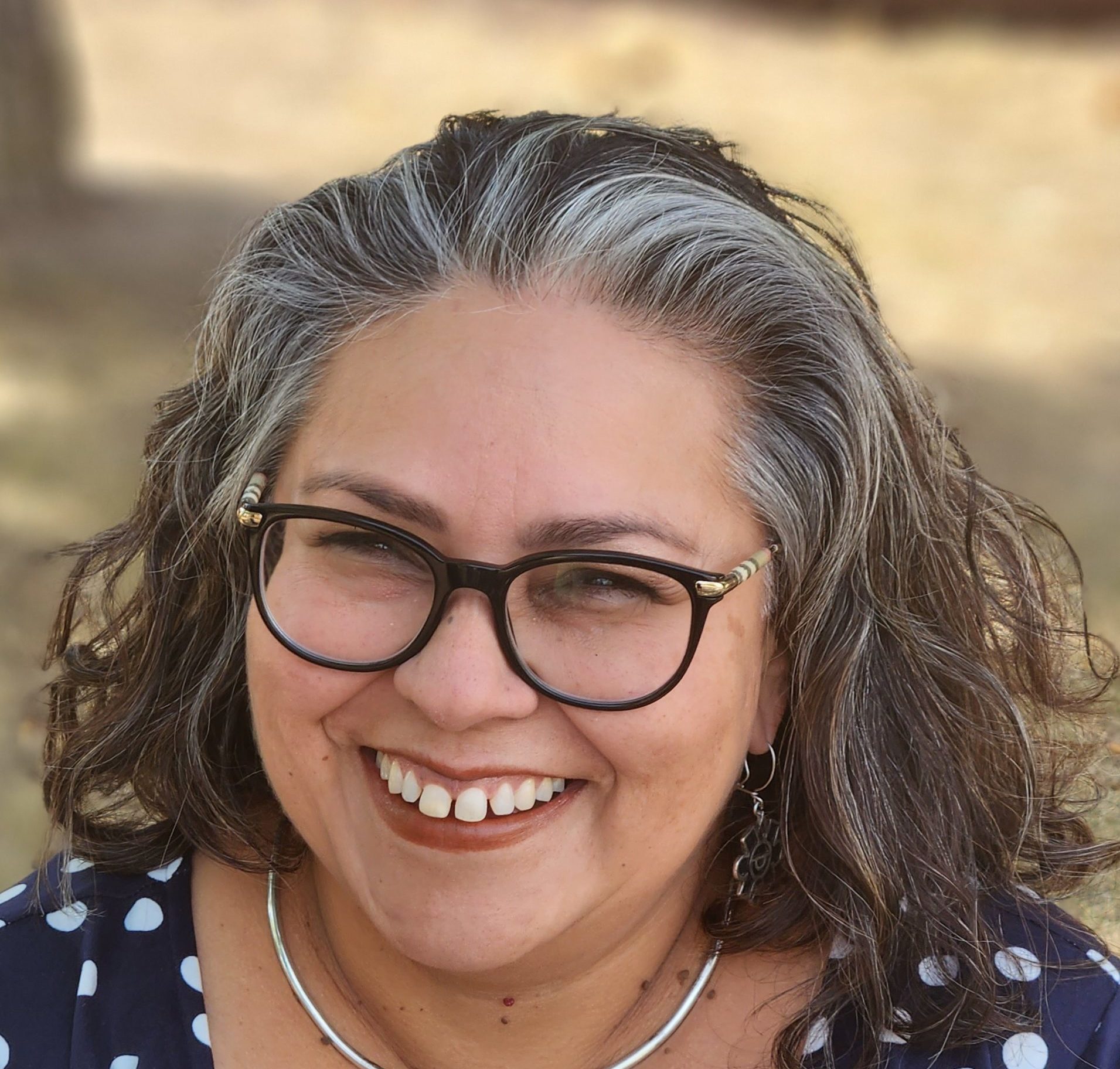The fight continues for inclusion in the classroom
Students at Smoky Hill High School are studying Chicana/o history for the first time – and earning college credit in the process.
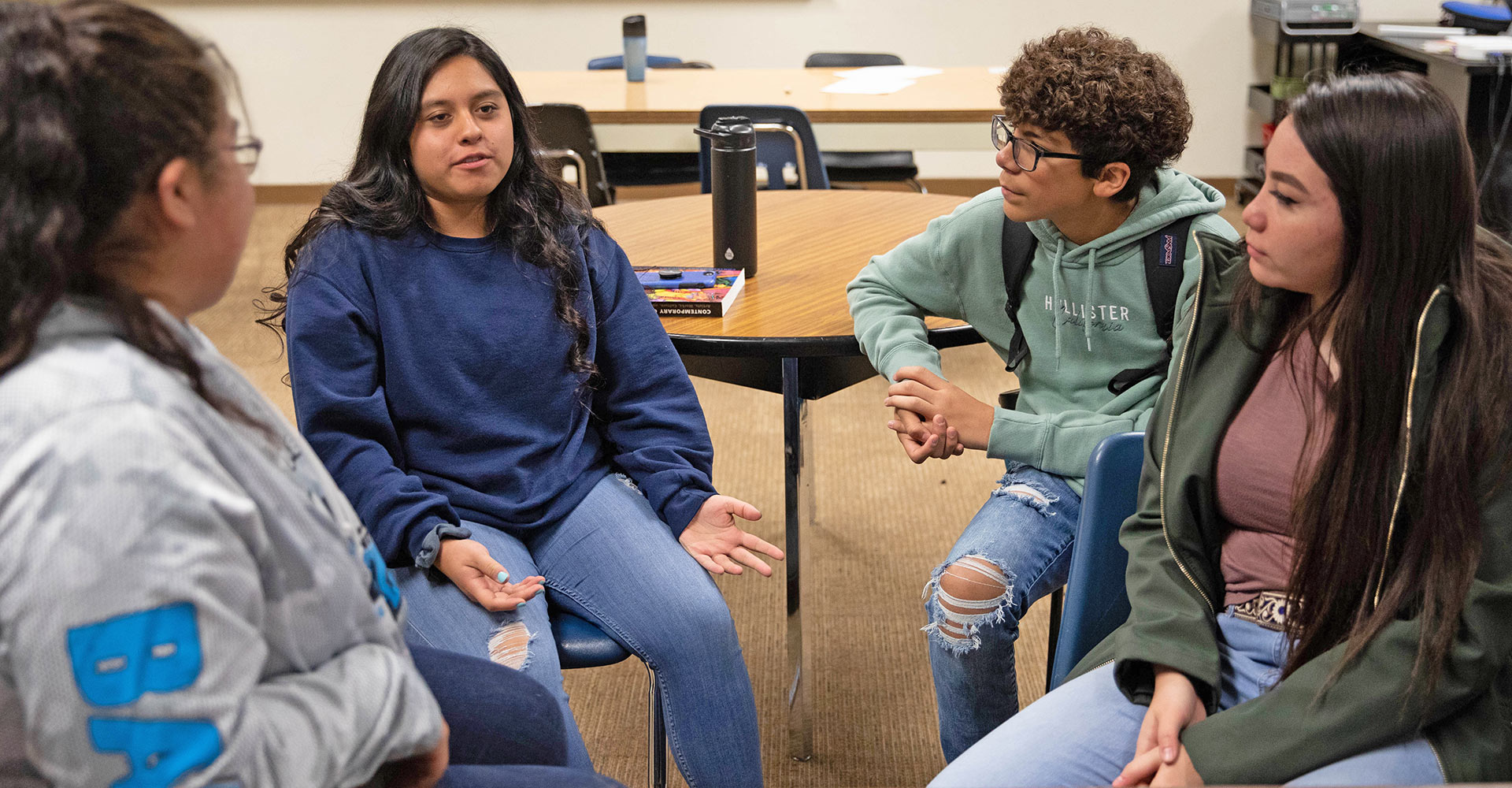
It’s been 50 years since more than 100 students and civil-rights activists walked out of Denver’s West High School to protest the treatment of Latino students and were met by police in riot gear firing tear-gas canisters at them.
A series of demonstrations that followed helped spark a national Chicano movement, yet many Colorado high school students – even those whose own family members participated in the movement – don’t know that history. That’s changing at Aurora’s Smoky Hill High School, where students aren’t just studying Chicana/o history – they’re also getting college credit for the class.
Ten students are enrolled in this semester’s Intro to Chicana/o Studies class taught by Luis Torres, an affiliate faculty member of Chicana/o Studies at Metropolitan State University of Denver. The concurrent enrollment class meets three times a week at 7:15 a.m., a full hour before first period, and it’s the first ever Chicana/o Studies course at Smoky Hill and Cherry Creek Public Schools.
The multidisciplinary concurrent enrollment class is heavy on often-untold Colorado history but also includes geography, literature, art, social sciences and economics related to the Chicano influence on the United States. The terms “Chicano” and the gender-inclusive “Chicana/o” or “Chicanx” are fluid but generally relate to Mexican Americans and their descendants.

“This is a different type of history that’s been excluded from traditional schools for a long, long time,” said Smoky Hill Principal Chuck Puga. “To have a class that’s specifically about people of color is so, so important and so empowering to our kids in our community. The best part is hearing our students say, ‘This is the first time we’ve ever had a class about us, taught by someone who looks like us.’”
When Puga took the job five years ago, Smoky Hill was 52% white, but now it’s a majority-minority school with close to 43% white students, 25% Latino students and 19% black students. He was integral to bringing the Chicana/o Studies class to Smoky Hill to help students learn content that is directly related to their identity.
“They don’t really teach Latino history in most schools, so I didn’t know that much about Chicano history,” said Smoky Hill senior Jose Blea. “There’s so much that I had no idea happened. I didn’t know about the West High riots until a couple weeks ago, and that was a huge turning point for the entire Chicano population.”
Torres has taken the students, many of whom identify as Latino or Chicano themselves, in a school of 2,200 that is about one-quarter Latino, on trips to Su Teatro Cultural & Performing Arts Center to see the play “Fire in the Streets” about West High and to History Colorado Center to see “El Movimiento” and “La Chicana” exhibits.
For some students, the course content complements family stories about the same events.
Natasha Vasquez Turcios’ grandma and aunts were involved with the Crusade for Justice and the West High walkout. When she told her “Granny” about the class and seeing “Fire in the Streets,” the woman was moved to tears.
“(Granny) said, ‘We went through a lot so that you and other kids can learn,” the Smoky Hill senior said. “‘You aren’t pushed to the back to be secretaries and janitors.’”

The Chicana/o Studies course shined a light on a history that her parents have not shared with her, senior Evelyn Rivera said.
“For me, my parents don’t talk about a lot of their past. I’m the daughter of immigrant parents. The stuff they’ve been through, they don’t like to talk about much. This helps me get a better understanding of what it was like for them growing up here,” she said.
As the fall semester wraps, the students are presenting research projects on topics such as the history of the Chicano movement and the Crusade for Justice civil-rights organization founded by Denverite Rodolfo “Corky” Gonzales, contemporary Chicano art, immigration reform and economic conditions of Latino families in Colorado.
Adrian Holguin, a math teacher at Smoky Hill who is Chicano and helps Torres teach the class, said the Cherry Creek public school’s student demographics have changed many times since he started in 1997 but that they have always strived to be inclusive, especially in their advanced course offerings.
“Having these students have an opportunity to get college credit and step into research at this level, in something they’re interested in … those are the kinds of experiences that will help them be successful in college,” Holguin said. “It’s been a gift for our kids. Dr. Torres adds a gravitas to the subject matter and to the importance that these kids don’t get to see very often.”
Torres was the first chair of MSU Denver’s Chicana/o Studies Department when the University created the first department of its kind in Colorado in 1995; he continues to teach after officially retiring from the University in 2016 as deputy provost. He last taught high-schoolers in 1971-72, he said, so the opportunity to teach Smoky Hill students gave his career a chance to come full circle.
He’s well-versed in the Chicano history of Colorado, having grown up in Fort Lupton and attended the University of Colorado Boulder during the pivotal 1969 West High School walkouts. When the Smoky Hill students watched a PBS documentary on the history of Latinos in Colorado as part of their class, they got to see Torres interviewed as an expert in the 2005 series.

In addition to students learning important history, Torres emphasized that the college-credit component is a significant financial incentive to take these types of classes.
“This class meets the multicultural-studies requirement at MSU Denver and most of the colleges here in Colorado,” Torres said, adding that concurrent enrollment saves students money they would normally have to spend in college.
A standard three-credit-hour course at MSU Denver is about $1,300 in tuition and fees for resident students in 2019-20. Not only do the Smoky Hill students save on those costs, they are also given free access to digital versions of the textbooks used in the course.
Smoky Hill looks forward to offering more of these concurrent-enrollment history courses, Puga said. Smoky Hill will have a concurrent-enrollment Intro to Africana Studies course in the spring, taught by MSU Denver Professor Jacqueline McLeod, and Puga hopes to bring back the Chicana/o Studies course for fall 2020.
This kind of course content should become more common across Colorado since the state legislature passed HB19-1192 in May, “Inclusion of American Minorities in Teaching Civil Government.” The law mandates that public schools fund instruction that includes but is not limited to the history, culture and social contributions of American Indians, Latinos, African Americans and Asian Americans as well as LGBT individuals within minority groups.
“We’re continuing to work to be able to expand opportunities for our students because it’s what they need,” Puga said. “We’re trying to be culturally responsive to the needs of our students.”

